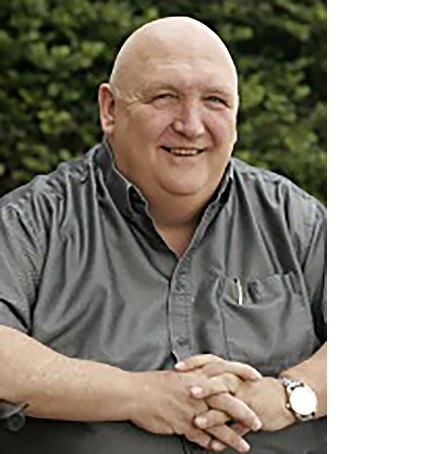This tribute was submitted by Dr. Clark
Dr. Robert Krieger, Cooperative Extension toxicologist at the University of California, Riverside, died on July 26, 2016, after complications from a stroke. He had served at Unversity of California (UC) Riverside since September 1994, where he was a member of the graduate program in environmental toxicology and head of the Personal Chemical Exposure Program that included research and extension activities in urban and agricultural settings. He also was an adjunct clinical professor for the Department of Environmental and Occupational Health, Loma Linda University. He was a 40-year Society of Toxicology (SOT) member and a Fellow of the Academy of Toxicological Sciences.

Dr. Krieger earned his PhD from Cornell University in 1970 where he was a student in the Department of Entomology and a National Institute of Environmental Health Sciences Trainee in Environmental Toxicology. He held tenured academic appointments at UC Davis (1971‒1980) where he was a founding faculty member in the Environmental Toxicology Department, and in the Washington-Oregon-Idaho Regional Veterinary Medical Education Program (1981‒1986) as Professor of Veterinary and Comparative Toxicology. In 1986, he became a staff toxicologist and later chief of the Worker Health and Safety Branch, now part of the Department of Pesticide Regulation, California Environmental Protection Agency. Dr. Krieger served two major Washington DC consulting firms (1991‒94) in exposure and risk assessment before returning to the UC in Riverside.
At UC Davis, he had a broad interest in the fate and effects of chemicals and used diverse test organisms including monkey, monarch butterfly, marine mussels, tomato horn worms, and avocados. Later at UC Riverside, his focus was human pesticide exposure and risk assessment/communication. He studied methods and techniques for determining the availability of chemical residues on surfaces, and exposure biomonitoring of urban and agricultural populations exposed to chemicals. He headed the distinguished editorial team that produced the Hayes’ Handbook of Pesticide Toxicology (2010) and was a long-time member of the editorial boards for both Drug and Chemical Toxicology and the Bulletin of Environmental Contamination and Toxicology. At the time of his passing, he had published more than 120 articles in the peer-reviewed literature
Bob’s first love was teaching. He will always be remembered for the multi-media presentations he used in his introductory environmental toxicology course at UC Davis, which often included hundreds of slides per lecture (and earning him the Magnar Ronning award for teaching excellence). He presented toxicology principles in simple and creative ways that students could relate to everyday life. A noted toxicologist and teacher at both the undergraduate and graduate level, Bob received the 2006 Distinguished Award in Extension from the Pacific Branch, Entomological Society of America; and in 2005, received both the SOT Public Communications Award and the American Chemical Society's International Award for Research in Agrochemicals. In 1986, SOT presented him with the Education Award. Other SOT honors included the AstraZenca Traveling Lectureship Award (1990). He twice earned the Outstanding Faculty Mentor award at UC Riverside.
Bob insightfully mentored more than 30 graduate students in toxicology. His former students, many of whom grew to assume major leadership positions in industry, government, and academia, will remember Bob as kind-hearted, soft-spoken, and generous with his time. They are a fitting and lasting legacy to a man who devoted his life to furthering and teaching the science of toxicology and exposure assessment.